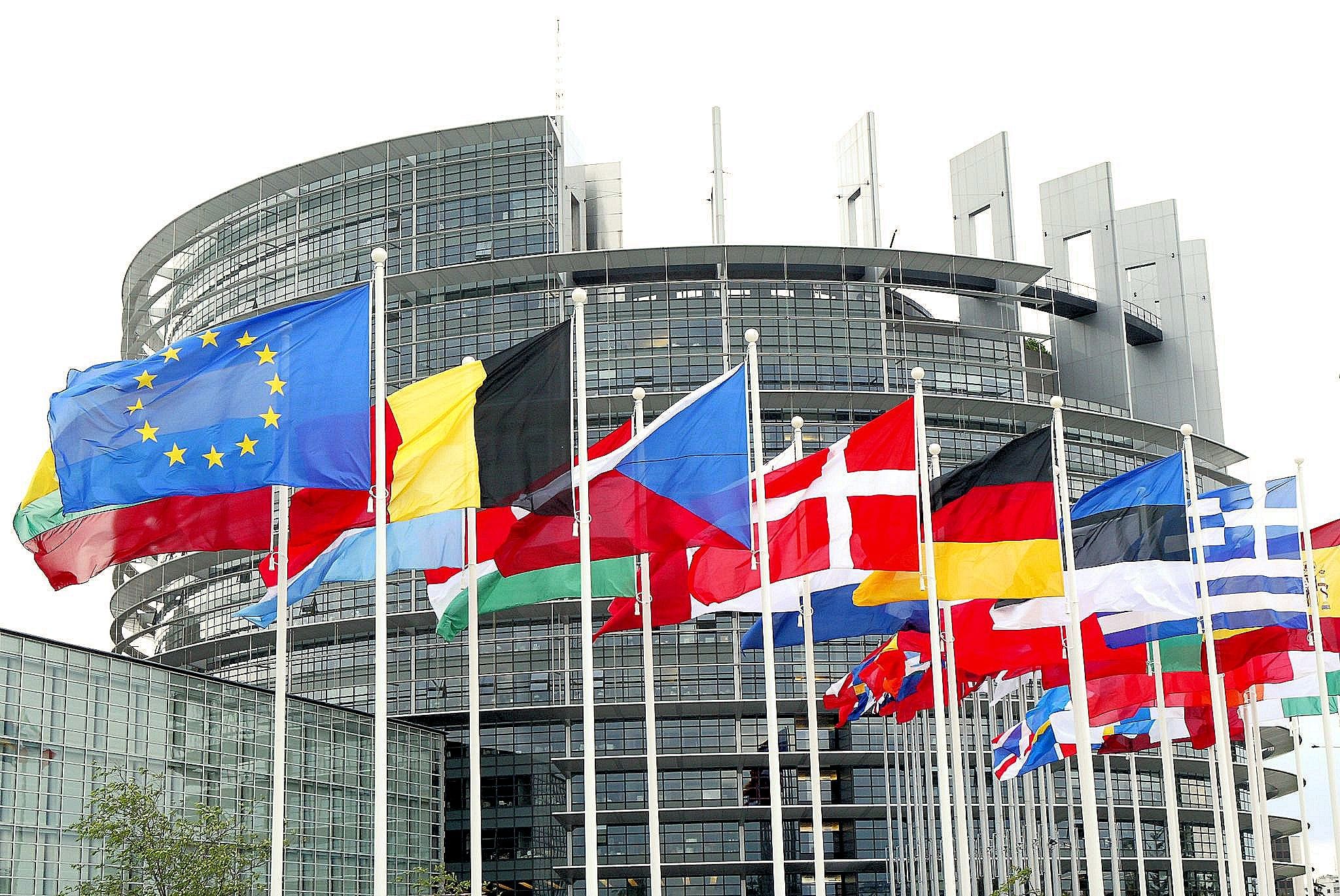Secondo le federazioni, promuoverebbe l’uso di medicinali “per indicazioni non autorizzate solamente per motivi economici”. Efpia, Eucope ed EuropaBio presentano reclamo alla Commissione europea
Barbara Di Chiara – 11 February '15 – PharmaKronos
A fare ‘scuola’ è stato il caso Avastin-Lucentis per la degenerazione maculare senile. Le tre associazioni dicono che la legge italiana “infrange e non considera il sistema di autorizzazione al commercio dell’Unione europea, che protegge la salute pubblica fissando rigidi standard per la qualità, la sicurezza e l’efficacia dei farmaci”.
Big Pharma, EU antitrust approves Novartis - GSK operation
Written by: Martina Mandozzi 11 febbraio 2015 – europae
The Novartis-GSK agreement and the consequences for competition
In terms of strategy, the concluded transactions prove to be very important for the future positioning of the groups in the healthcare sector. "They strengthen us financially and are expected to improve our margins and growth rates immediately," said Joseph Jimenez, CEO of Novartis. "There will be benefits for patients as well, who will benefit from the highest levels of innovation that this new focus will allow us to achieve”.
There European Commission it initially showed distrust of these manoeuvres, considered harmful to the correct performance of the European competitive system, but also and above all due to the strong impact they can have on innovation. The Novartis-GSK agreement would, in fact, generate a situation of duopoly between them and Roche, in the area of skin cancer treatment. Hence a reduction in market competition from different drugs.
Hence the proposal by Novartis to undertake to sell MEK162 and LGX818, two specific treatments for melanoma, eliminating the problems of competition identified by the Commission.
Great maneuvers in the pharmaceutical sector
Figures with nine zeros and great dynamism in the M&A (Mergers and Acquisitions) pharmaceutical. Also in these times, the US Mylan has acquired Abott Laboratories, perhaps as part of a strategy of "tax inversion”, While Pfizer definitely turns his back on AstraZeneca, after signing an agreement with the German pharmaceutical company in November 2014 Merck KGaA for $850 million, followed by performance-based payments of up to $2 billion. Experts confirm that these “mega deal” are increasing compared to the past.
One wonders what the ultimate reasons for such deals are, even from an antitrust point of view. The focus would be on extraordinary operations to perhaps hide the inability to innovate or, at least, the unwillingness to invest in research and development.
“It's not true that there is less and less research and more and more M&A. On the contrary, agreements are one of the tools used to support R&D performance”, says Lorenzo Positano, Associate Principal of McKinsey & Company. “Each company has chosen which molecules under development to ensure on the market according to its optimization. Objectives that guarantee a more complete offer in the therapeutic areas 'core' and targeted research into the segments in which you feel the strongest to invest. So the opposite of disengagement”.
